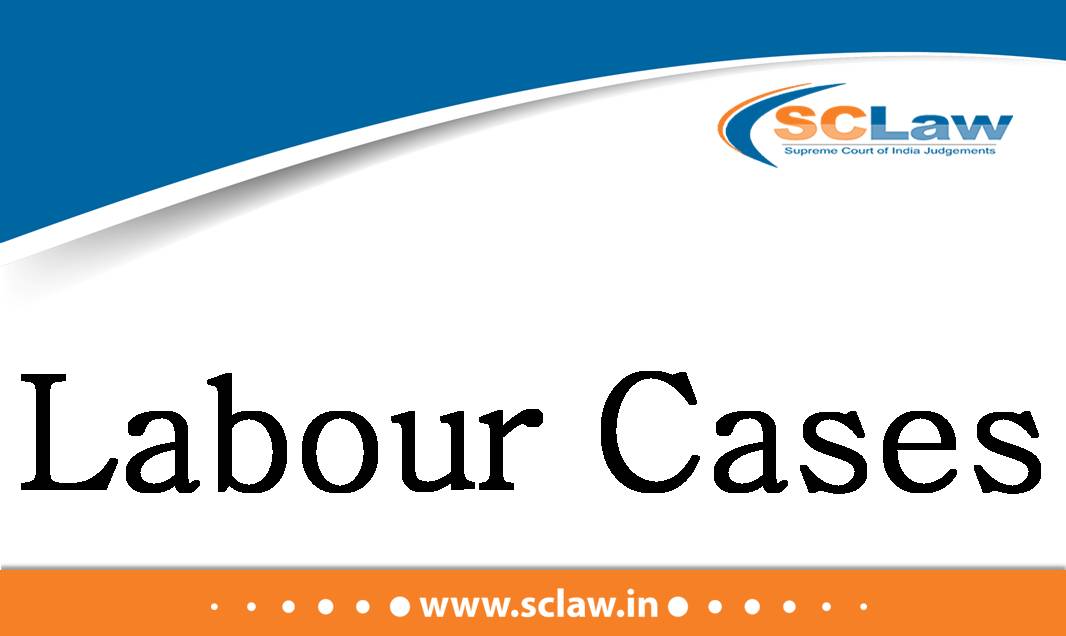Prohibition of employment of contract labour – In the absence of any notification under Section 10 of the CLRA Act and in the absence of any allegations and/or findings that the contract was sham and camouflage, both the Industrial Tribunal as well as the High Court have committed a serious error in reinstating the contesting respondents
SUPREME COURT OF INDIA DIVISION BENCH KIRLOSKAR BROTHERS LIMITED — Appellant Vs. RAMCHARAN AND OTHERS — Respondent ( Before : M.R. Shah and Hima Kohli, JJ. ) Civil Appeal Nos.…


